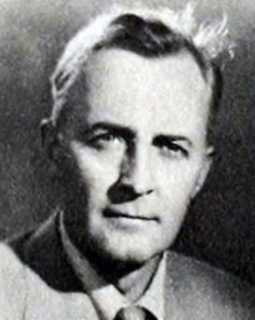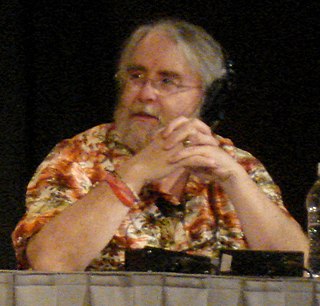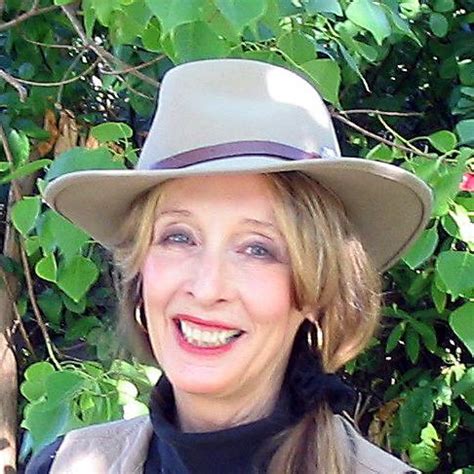A Quote by Blaise Pascal
Nature has made all her truths independent of one another. Our art makes one dependent on the other. But this is not natural. Each keeps its own place.
Related Quotes
The universal nature has no external space; but the wondrous part of her art is that though she has circumscribed herself, everything which is within her which appears to decay and to grow old and to be useless she changes into herself, and again makes other new things from these very same, so that she requires neither substance from without nor wants a place into which she may cast that which decays. She is content then with her own space, and her own matter, and her own art.
Men and women are made for each other, but their mutual dependence differs in degrees; man is dependent on woman through his desires; woman is dependent on man through her desires and also through her needs; he could do without her better than she can do without him. She cannot fulfill her purpose in life without his aid, without his goodwill, without his respect.....Nature herself has decreed that woman, both for herself and her children, should be at the mercy of man s judgment.
There never is any such thing as one truth to be found in dramatic art. There are many. These truths challenge each other, recoil from each other, reflect each other, ignore each other, tease each other, are blind to each other. Sometimes you feel you have the truth of a moment in your hand, then it slips through your fingers and is lost.
There is no patriarchy or matriarchy in the garden; the two supervise each other. Adam is given no arbitrary power; Eve is to heed him only insofar as he obeys their Father--and who decides that? She must keep check on him as much as he does on her. It is, if you will, a system of checks and balances in which each party is as distinct and independent in its sphere as are the departments of government under the Constitution--and just as dependent on each other.
We owe each other a debt and we owe each other an obligation, and because of these fundamental American imperatives, there are things that we own in common with each other, and that we are obliged to protect for our posterity. The water. The trees. The wild places in the land. We lose sight of these truths sometimes.
If the fires of freedom and civil liberties burn low in other lands they must be made brighter in our own. If in other lands the press and books and literature of all kinds are censored we must redouble our efforts here to keep them free. If in other lands the eternal truths of the past are threatened by intolerance we must provide a safe place for their perpetuation.
Art keeps its newness because it's at once unforgettable and impossible to remember entirely. Art is too volatile, multiple and evaporative to hold on to. It's more chemical reaction, one you have to re-create each time, than a substance. Art's discoveries are also, almost always, counter to ordinary truths.
We need each other to do things that we can't do for ourselves. If we are intimately connected with each other, we just give things to each other; if we don't know each other we find another way to handle it. If you think about it, each according to his or her abilities and each according to his or her needs is sort of the same thing as supply and demand.









































